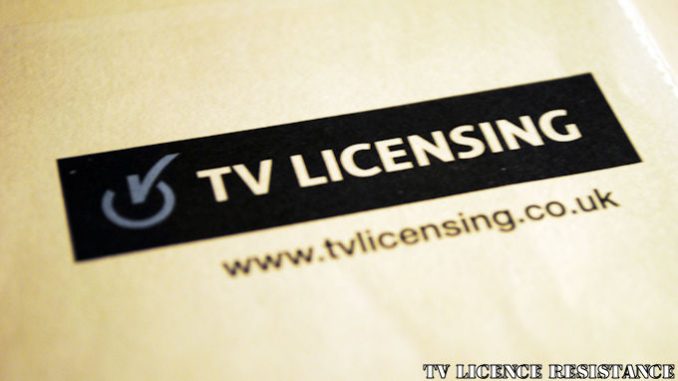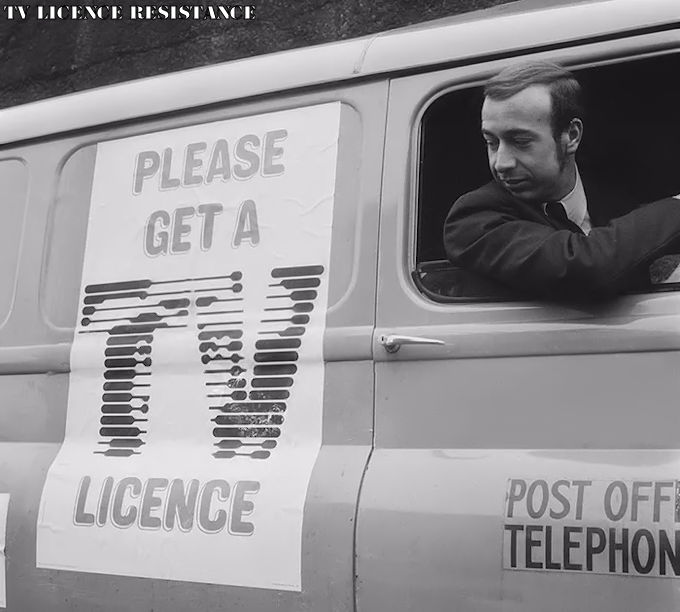
Ministers start process of shaking up broadcaster’s funding
Boris Johnson’s government will launch its first strike on BBC funding next week, opening a formal process to lift the criminal penalties on those refusing to pay the licence fee.
The consultation on decriminalisation will be one of Mr Johnson’s first domestic policy initiatives since the election — a sign of the importance he is placing on shaking-up the broadcaster and the licence fee system it has relied on since the 1920s.
BBC executives fear that if criminal sanctions were removed by law, the corporation’s ability to collect the licence fee would be badly weakened, increasing evasion and blowing a hole in the broadcaster’s programming budget of £200m or more.
Two people familiar with the government plans said the consultation — the second time the government has examined the issue in less than five years — will open next week. It comes at a moment of financial vulnerability for the BBC, which later this year will start to collect £154.50 from millions of over-75s who previously were eligible for a free licence.
Letters informing pensioners of the changes are expected to go out within months, coinciding with the government’s push to consider relaxing penalties for non-payment. Claire Enders of Enders Analysis, a media analyst group, described it as “pincer movement to cause the BBC to wither and implode”.
The decriminalisation drive follows a punishing fortnight for the public service broadcaster. Tony Hall, the BBC director-general, announced his planned departure last week, shortly before the corporation unveiled the biggest round of cuts to its news operation in more than a decade, with the loss of 450 posts.
Fran Unsworth, the head of the news division, told staff on Wednesday she had never felt the organisation so under threat in her four decades at the broadcaster. A day later Sarah Sands stepped down as editor of BBC’s Radio 4 flagship Today programme — a show that has been boycotted by government ministers since the election.
A further blow came on Wednesday night when Julian Knight, a Tory MP and vocal critic of the BBC, was unexpectedly elected to chair the Commons select committee that is most active in scrutinising the broadcaster.
Mr Knight has described the Today programme as a “byword for metropolitan elitism” and compared the BBC licence fee to “a modern version of Charles I’s Ship Money” — a hated tax that fuelled discontent in the run-up to the English Civil War.

Mr Johnson’s allies see the existing licence fee enforcement regime as unfair, disproportionate and a waste of court time. Rates of imprisonment have declined since the 1990s, when hundreds were jailed for failing to pay licence fee fines. Almost 50 people were sent to prison from 2015-2018.
The issue of decriminalisation was considered by Tory ministers five years ago and the government decided not to switch to a civil regime like that used for parking fines. In an independent review by David Perry, a criminal barrister, the current television licence system was found to be “broadly fair and proportionate” and more cost-effective as a result of the criminal deterrent.
There were 178,332 prosecutions for failure to hold a television licence in 2013, according to the Perry review. This made up 11.5 per cent of all cases brought to the magistrates courts, but 0.3 per cent of court time.
A BBC spokesperson said: “Of course we’ll respond to the consultation whenever it is published, but the government has already commissioned a QC to take an in-depth look at this matter and he found that ‘the current system of criminal deterrence and prosecution should be maintained’.
“Decriminalisation could also mean the BBC has hundreds of millions of pounds less to spend on programmes and services for audiences,” the spokesperson added.
